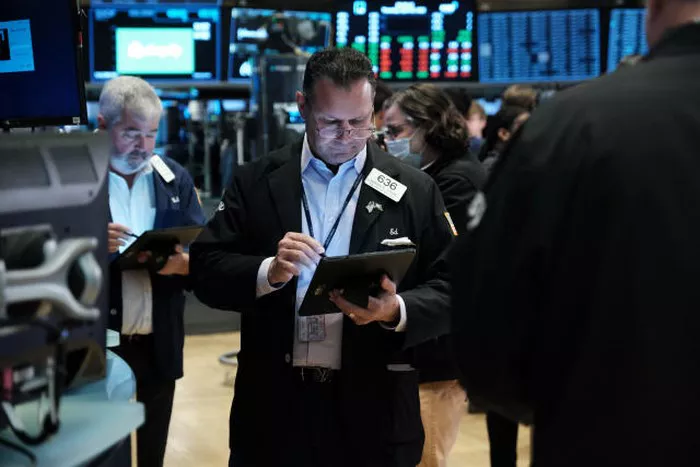In the ever-evolving landscape of financial markets, the allure of futures trading beckons to investors seeking opportunities for diversification and potential profit. Robinhood, known for its user-friendly interface and commission-free trading, has expanded its offerings to include futures contracts, providing traders with access to a diverse array of financial instruments. In this article, we will explore the fundamentals of futures trading, Robinhood’s offerings in the futures market, a step-by-step guide on how to start trading futures on Robinhood, risk disclosure, educational resources, and regulatory compliance considerations.
Explanation of Futures
Futures contracts are financial derivatives that obligate the buyer to purchase or the seller to sell a specified asset at a predetermined price (the futures price) on a specified future date. These contracts facilitate hedging against price fluctuations and speculation on future price movements of various assets, including commodities, indices, currencies, and more. By agreeing on a price now for delivery at a future date, futures contracts enable market participants to manage risk and capitalize on opportunities in the financial markets.
Robinhood’s Offerings
Robinhood offers a selection of futures contracts, including popular instruments such as S&P 500 futures, Nasdaq 100 futures, Dow Jones Industrial Average futures, and more. Traders can access these contracts through the Robinhood app, which provides a user-friendly interface for executing trades and monitoring positions. It’s important to note that while Robinhood offers futures trading, the platform may have limitations compared to specialized futures trading platforms in terms of available contracts, research tools, and advanced trading features.
See Also: How does shorting futures work?
Step-by-Step Guide
Account Requirements: To start trading futures on Robinhood, you must have a Robinhood brokerage account. If you don’t already have one, download the Robinhood app or visit the website to sign up. You’ll need to provide personal information, including your Social Security number, and complete the account verification process.
Linking a Bank Account: Once your Robinhood account is set up, link a bank account to fund your trading activities. Navigate to the ‘Banking’ section within the app, follow the prompts to link your bank account, and initiate a transfer of funds to your Robinhood account.
Accessing Futures Trading: After funding your account, navigate to the ‘Investing’ tab in the Robinhood app and select ‘Futures’ from the menu. Here, you’ll find a list of available futures contracts. Browse through the options, conduct research, and select the contract you wish to trade.
Placing a Trade: To initiate a futures trade, tap on the desired contract and select ‘Trade.’ Enter the quantity you wish to trade and specify whether you want to buy or sell. Review the order details, including the futures price and contract specifications, and confirm the trade to execute it.
Monitoring Positions: Once your trade is executed, you can monitor your positions and track market movements in real-time through the Robinhood app. Use the ‘Portfolio’ tab to view your open positions, account balance, and performance metrics.
Risk Disclosure
Trading futures involves inherent risks, including market volatility, leverage, and the potential for substantial losses. It’s crucial for traders to understand these risks and implement risk management strategies to protect their capital. Common risk management techniques include setting stop-loss orders, diversifying portfolios, and managing position sizes relative to account equity.
Educational Resources
Robinhood provides educational resources to help traders learn about futures trading and enhance their investment knowledge. Within the app, you can access articles, tutorials, and FAQs covering various aspects of futures trading, including contract specifications, trading strategies, and risk management techniques. Additionally, Robinhood periodically hosts webinars and events featuring industry experts to provide insights and guidance to traders.
Regulatory Compliance
As a registered brokerage firm, Robinhood is subject to regulatory oversight by the U.S. Securities and Exchange Commission (SEC) and the Financial Industry Regulatory Authority (FINRA). Traders should familiarize themselves with Robinhood’s terms of service, privacy policy, and customer agreement, which outline the rights and responsibilities of both the platform and its users. Additionally, traders should adhere to relevant regulatory requirements, such as margin regulations and reporting obligations, when engaging in futures trading on Robinhood.
Conclusion
In conclusion, futures trading on Robinhood offers investors a convenient and accessible way to participate in the financial markets. By understanding the fundamentals of futures trading, leveraging educational resources, and exercising prudent risk management, traders can navigate the complexities of futures markets with confidence. However, it’s essential to recognize the risks involved and ensure compliance with regulatory requirements to safeguard investment capital and achieve long-term success.

